Meryl Streep stars as Ricki Rendazzo, a guitar heroine who made a world of mistakes as she followed her dreams of rock-and-roll stardom. Returning home, Ricki gets a shot at […]

Meryl Streep stars as Ricki Rendazzo, a guitar heroine who made a world of mistakes as she followed her dreams of rock-and-roll stardom. Returning home, Ricki gets a shot at […]
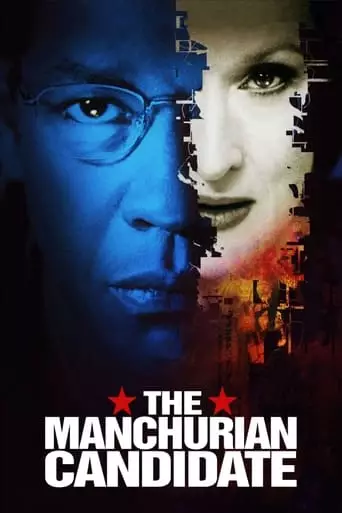
Years after his squad was ambushed during the Gulf War, Major Ben Marco finds himself having terrible nightmares. He begins to doubt that his fellow squad-mate Sergeant Raymond Shaw, now […]
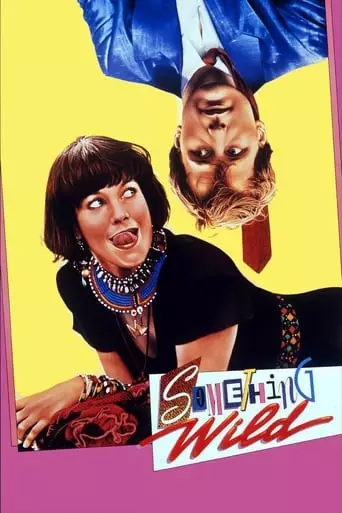
A free-spirited woman “kidnaps” a yuppie for a weekend of adventure. But the fun quickly takes a dangerous turn when her ex-con husband shows up.

A young woman who has been in and out from rehab for the past 10 years returns home for the weekend for her sister’s wedding.
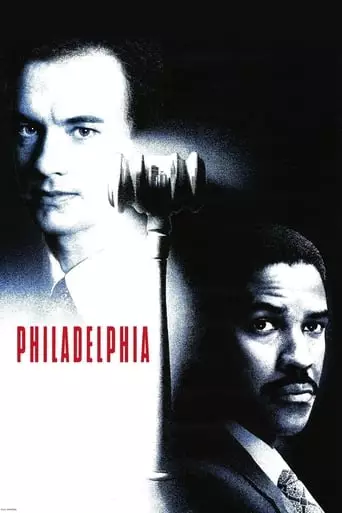
Two competing lawyers join forces to sue a prestigious law firm for AIDS discrimination. As their unlikely friendship develops their courage overcomes the prejudice and corruption of their powerful adversaries.
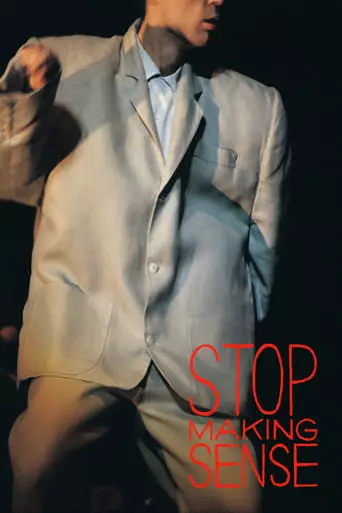
A concert film documenting Talking Heads at the height of their popularity, on tour for their 1983 album “Speaking in Tongues.” The band takes the stage one by one and […]
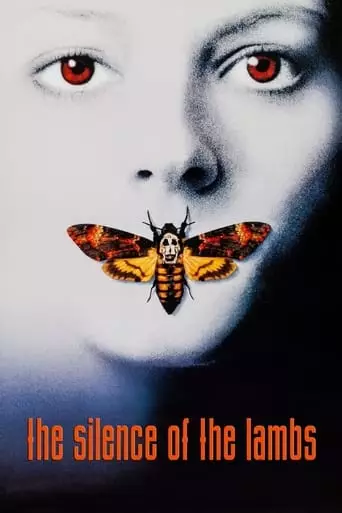
Clarice Starling is a top student at the FBI’s training academy. Jack Crawford wants Clarice to interview Dr. Hannibal Lecter, a brilliant psychiatrist who is also a violent psychopath, serving […]
Jonathan Demme: The Humanist Visionary of American Cinema
Jonathan Demme was a filmmaker whose eclectic career spanned multiple genres, leaving an indelible mark on American cinema. Known for his empathy-driven storytelling, dynamic visual style, and ability to capture the essence of his characters, Demme crafted a diverse filmography ranging from The Silence of the Lambs (1991) to Stop Making Sense (1984). His work reflects a deep understanding of humanity, blending artful direction with a profound respect for his subjects, whether in narrative films or documentaries.
Early Life and Career
Robert Jonathan Demme was born on February 22, 1944, in Baldwin, New York. Raised in a family that loved movies, he was inspired by directors like Alfred Hitchcock and Jean-Luc Godard. Demme attended the University of Florida but initially pursued a career in journalism.
His entry into filmmaking came through Roger Corman, the legendary producer of low-budget films. Demme worked as a writer and producer for Corman, eventually directing his first feature, Caged Heat (1974), a women-in-prison exploitation film. Despite the genre constraints, Demme’s early work hinted at his sensitivity toward character and his ability to elevate pulp material with emotional depth.
Signature Style and Themes
Demme’s films are defined by their humanity and inclusivity. His work often explores themes of connection, empathy, and social justice, with a focus on characters from diverse backgrounds. Stylistically, he was known for:
Close-ups and Direct Address: Demme frequently used close-ups and had characters look directly into the camera, creating an intimate connection between the subject and the audience.
Music as Narrative: A passionate music lover, Demme used soundtracks and performances to enrich his storytelling. His collaborations with musicians like Talking Heads, Neil Young, and Bruce Springsteen elevated his films’ emotional resonance.
Eclectic Genres: Demme effortlessly moved between horror, comedy, drama, and documentary, showcasing his versatility and curiosity as a filmmaker.
Breakthrough and Iconic Films
Melvin and Howard (1980): A quirky, heartfelt tale about an average man’s unlikely encounter with billionaire Howard Hughes, this film won two Academy Awards and established Demme as a director with a unique voice.
Stop Making Sense (1984): Often hailed as one of the greatest concert films ever made, this collaboration with Talking Heads captured the energy and artistry of live performance while breaking new ground in the genre.
Something Wild (1986): A vibrant road movie blending comedy, romance, and suspense, Something Wild showcased Demme’s ability to mix tones seamlessly and featured standout performances from Melanie Griffith and Jeff Daniels.
The Silence of the Lambs (1991): A psychological horror masterpiece, this film became one of the few to win all five major Academy Awards (Best Picture, Director, Actor, Actress, and Screenplay). Demme’s empathetic direction gave the story emotional weight, particularly through the lens of Jodie Foster’s FBI agent Clarice Starling.
Philadelphia (1993): One of the first major Hollywood films to address AIDS and homophobia, this powerful courtroom drama earned Tom Hanks an Oscar for his portrayal of a gay lawyer fighting for justice. Springsteen’s Oscar-winning song “Streets of Philadelphia” became an iconic part of the film’s legacy.
Documentary Work
Demme’s passion for real-life stories is evident in his documentaries, which often celebrated music, culture, and activism. Notable examples include:
Neil Young Journeys (2011): A personal and intimate portrait of the legendary musician.
Jimmy Carter: Man from Plains (2007): A deeply humanistic look at the former president’s advocacy work.
Justin Timberlake + The Tennessee Kids (2016): A dynamic concert film showcasing Timberlake’s electrifying stage presence.
Legacy and Influence
Jonathan Demme’s work is characterized by its warmth, optimism, and deep respect for the human experience. Whether directing a tense thriller like The Silence of the Lambs or a vibrant concert film like Stop Making Sense, Demme brought a distinct empathy to his storytelling.
His ability to navigate diverse genres and his commitment to showcasing marginalized voices have made him a guiding figure for contemporary filmmakers. Directors like Paul Thomas Anderson and Greta Gerwig have cited Demme’s influence on their work, particularly his approach to character and visual storytelling.
Later Years and Passing
In his later years, Demme continued to direct both narrative films and documentaries, including Rachel Getting Married (2008), a raw and emotional family drama that earned Anne Hathaway an Oscar nomination.
Demme passed away on April 26, 2017, at the age of 73, leaving behind a legacy of artistic integrity, compassion, and innovation.
Conclusion
Jonathan Demme was a filmmaker who understood the power of cinema to connect people, challenge perceptions, and celebrate humanity. His films remain a testament to the power of empathy and storytelling, resonating with audiences across generations and cultures.
Through his art, Demme reminded us that even in the darkest corners of the human experience, there is light, connection, and hope.